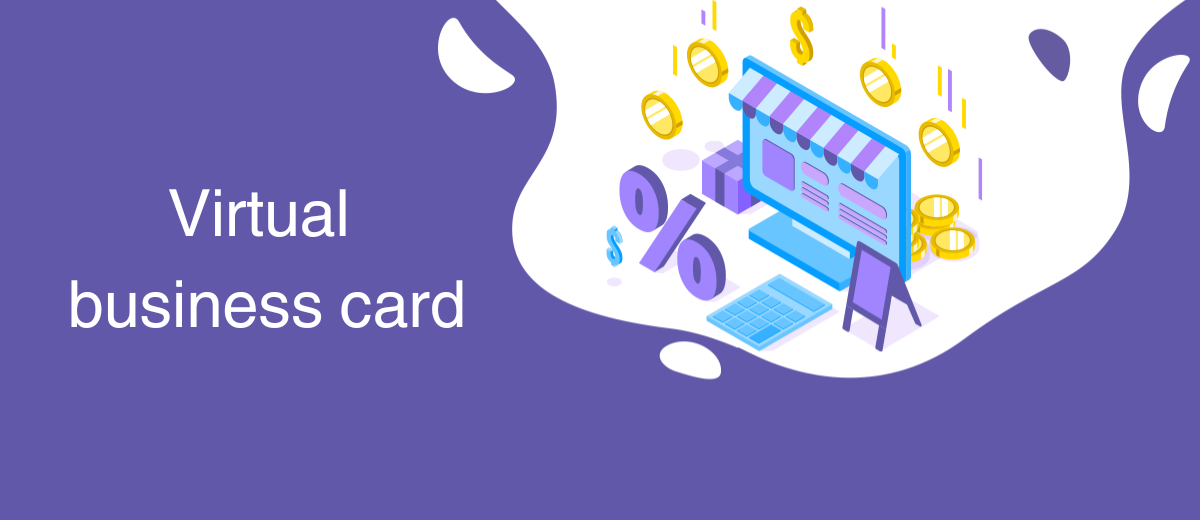Virtual business card
In today's increasingly digital world, the virtual business card has emerged as an innovative and eco-friendly alternative to traditional physical business cards. These digital cards serve the same fundamental purpose as their physical counterparts – to provide essential contact information and promote professional networking – but with the added convenience and accessibility of digital technology.
A typical virtual business card contains essential contact details, such as name, job title, company, phone number, email address, and website. Additionally, many virtual business cards also incorporate social media links, multimedia elements, and even interactive features, such as embedded videos or clickable buttons. This enhanced functionality allows users to showcase their skills, portfolio, or brand more effectively and engagingly.
Virtual business cards can be created using various methods and tools, including web-based platforms, mobile applications, and even custom-designed websites. These digital solutions often provide customizable templates, enabling users to create unique and visually appealing virtual cards that reflect their personal brand or corporate identity. Once created, virtual business cards can be easily shared through email, text message, or social media platforms, facilitating seamless networking and communication.


There are several benefits to using virtual business cards, including:
- Cost-effectiveness: Unlike physical cards, virtual business cards do not require printing costs, making them an affordable and sustainable choice for businesses and individuals alike.
- Easy updates: Virtual business cards can be easily updated with new information, ensuring that contact details are always current and accurate.
- Eco-friendliness: By eliminating the need for paper and printing, virtual business cards contribute to a reduced environmental footprint.
- Customizability: Virtual business cards offer a wide range of design options, allowing users to create visually appealing and unique cards that represent their brand effectively.
- Easy sharing: The digital nature of virtual business cards allows for effortless sharing and distribution through various online channels, streamlining the networking process.
Despite their numerous advantages, virtual business cards do have some drawbacks. For instance, they may not be as readily accepted or recognized in more traditional or conservative industries, where physical cards still hold significant value. Additionally, the reliance on digital devices and internet access could pose challenges in situations where connectivity is limited or unavailable.
In conclusion, virtual business cards are a modern and versatile solution for sharing contact information and promoting professional networking in the digital age. While they may not entirely replace traditional physical cards, their numerous benefits make them an increasingly popular choice for individuals and businesses seeking to enhance their digital presence and communication capabilities.
Back Home eCommerce Encyclopedia
Set up integration without programmers – ApiX-Drive
Articles about marketing, automation and integrations on our Blog

